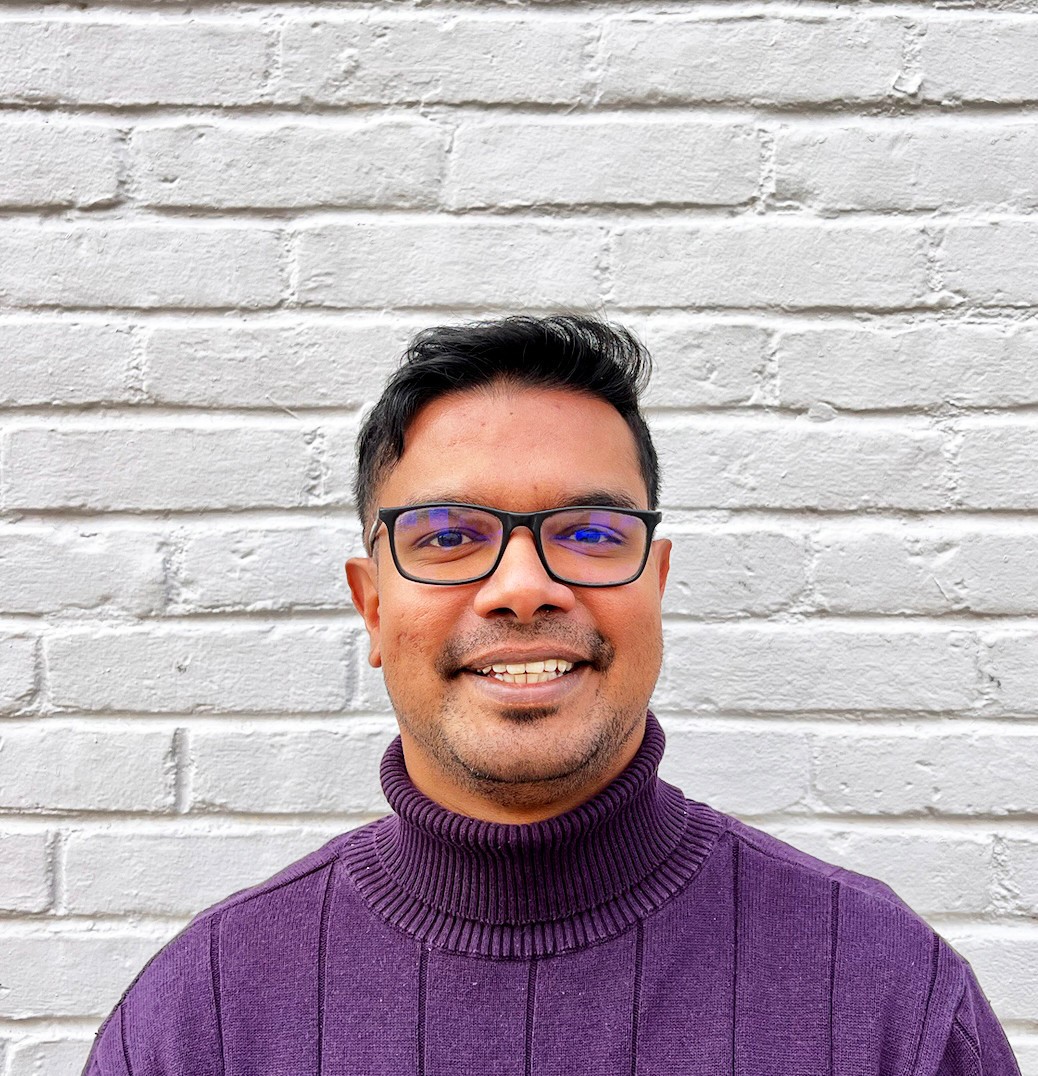We caught up with the brilliant and insightful Kiran Jesudasan a few weeks ago and have shared our conversation below.
Hi Kiran, we’re so appreciative of you taking the time to share your nuggets of wisdom with our community. One of the topics we think is most important for folks looking to level up their lives is building up their self-confidence and self-esteem. Can you share how you developed your confidence?
This is a hard one because more than anything it’s very personal. And like personal things, they tend to be ever-evolving. But TLDR, my mom, being a black sheep, learning to deal with tough circumstances, addressing ADHD, and having people around me who can call my BS out is where I’ve gotten my self-esteem and confidence. These factors have taught me how to separate what I think I can control and what I can’t. But first, saying I’m confident is iffy, because is confidence measurable? Is it real? Is it entirely subject to circumstance? Is it just a set of stories built on potentially flawed memories that you have to yourself over and over again to believe that you are confident? But as it is the focus of this piece, we shall proceed like it’s something I have.
My dad passed away when I was 8. He’d struggled with his share of battles throughout his life. And those battles are very rare in the community I was raised in, or even really talked about. It was traditional, and religious, elitist, with weirdly victimizing settings and where differing points of view were considered wrong. Conversations around drugs or mental health aren’t big where I’m from or at least so it felt. Image felt like it was more important than anything else. And it felt like there were lots of stigmas associated with seeking help. It felt like I was living in the shadow of someone, and for the longest time, even till rather recently, aspiring to something outside the bounds of that shadow was impossible. One of my biggest personal challenges was to be able to put aside the judgment I faced, and learn to not consider other’s interpretations of myself – typically driven by who I am based on my vague history and background, not as an entirely separate individual. My mom moved mountains shielding me from the worst, and she was and is the most supportive, strong, and kind person ever. But like so many of these things you don’t see the consequences of stuff till much later. Also having weapons-grade ADHD that went undiagnosed till very recently didn’t help.
It was the perfect recipe to be lost in my head, recycling all the worst thoughts repeatedly in my head with no end to it. I had the magical power to take small problems and turn them into insurmountable tasks. I could take simple school tasks, work tasks, and personal life tasks, and fuse them with an endless library of horrible memories and emotions, making the littlest task almost impossible. It felt like I was just trying to cope with life instead of living with agency towards goals. Bag of meat tugged along by time’s invisible strings.
When preparing my portfolio for grad school, I realized I could work hard on things I wanted to do, especially if I was surrounded by the right support structures and settings. I could push myself but, traveling from a little town in India to Los Angeles, and stepping out into a huge new world pushed me from out of the frying pan into the fire. Grad school offered a temporary shelter to how different life in America can be. Everything here needed effort, even just making friends. Uncertainty existed here on so many planes. Social circles, different values of people, different ideologies, finding your tribe, visas, getting a job.
I joined a start-up after graduating and startups (albeit an excellently managed start-up) can be a boundless supply of anxiety. contracts, funding, and whether I’m contributing to what I feel is my maximum capability or not all weighed heavily on me. Seeking help too didn’t come naturally, just tended to bottle up everything, to not burden people nearby. I feel that seeing and recognizing that this was happening was the 1st step for me to become more confident in myself.
Through my mom, my cat, therapy, exercise, meditation, cooking, choosing to be surrounded by supportive people, and being able to ask hard questions of myself and others around me, I’ve felt (not always) that I’ve turned what I thought was nothing but systemic weaknesses into foundational strengths. That reinforced the idea that I could handle anything and slowly began to boost my confidence. Ultimately it was a choice I felt I wasn’t strong enough to make early on, or even come remotely close to confronting. I had to go through ups and downs, choose to want to get better, and try anything to rewrite my interpretation of myself. I think that so many of these things ultimately come down to the story you tell yourself. Is it objectively true? Maybe, maybe not. But being surrounded by a few but exemplary friends, and colleagues who’ve been through similar situations + the compassion of most of the people I’ve opened up to + the desire to want to improve helped rewrite the story I was telling myself. Learning to see that as a story not objective truth, became a foundation of my self-esteem. Nothing about this is binary IMO and all of it is continuously evolving.
Addressing ADHD helped me learn that all the tasks or problems I face are separable things, not one gigantic Gordian knot of the worst of emotions and thoughts. I think that making lists, being structured, following a routine, and doing anything to help me distinguish things that I can control vs things I can’t have helped me in unfathomable ways. I’m big on support structures too, exercise, good food, and good people to be able to talk to no matter what only added to learning how to foster self-esteem.
Appreciate the insights and wisdom. Before we dig deeper and ask you about the skills that matter and more, maybe you can tell our readers about yourself?
I lead design at a start-up – drisk.ai. We make a tool that allows you to control the data that ultimately controls any AI. You do that by controlling the data it’s been trained on. Imagine a future where every little task you have has little AIs out there that are built for it, but how do you shape it? How do you make it yours or have insight into shepherding it to work for you better? How do you democratize AI so more people can work with it? That’s what we do, being able to make sense of extremely complex data and shape how people can interact with it without needing a line of code. That’s what makes me most excited about what I do, it’s really at the forefront of the next great technological revolution, and democratizing that process makes me giddy. Not an easy task but it is something I truly believe in. I’ve been here for 5 years, and it’s been one hell of a journey. Startups are complicated beasts. They provide new challenges every day, and it always keeps me on my toes. Getting to be creative with some of the smartest AI engineers out there is one of the most rewarding experiences I’ve gone through. But like everything the road was not straightforward.
My background was in transportation systems design – ie working with massive, complicated organizations and ideas. I’d worked with Uber’s advanced design team, a few civic transportation authorities around LA, – very large established organizations with very established ideas of design, research, and how they all fit together in the larger picture. When you are at the inception of the company what do you do? What’s most relevant? I felt like there was a lot I could offer but which would be most relevant at this super early stage?
Work can range from outreach materials, illustrations for presentations or working deeply with the product and imagining what new features ought to be implemented and working through the experience of using that. I was fortunate through school to learn this process intimately for mobility, – study people, see what problems they have, and build solutions for them, not yourself. But how does it transfer to the AI space, something so ethereal? Personally, this has been the toughest set of questions I’ve had to navigate but what’s helped ultimately is having a very creative and supportive team who are always open to having a quick ideation session. Being someone with both dyslexia and dysgraphia, a lot of the AI concepts were very much beyond me, but the team and ultimately taking a few online courses continue to help me overcome that hurdle.
Looking back, what do you think were the three qualities, skills, or areas of knowledge that were most impactful in your journey? What advice do you have for folks who are early in their journey in terms of how they can best develop or improve on these?
1 Learning how to sell
As an introvert, putting myself out there is very hard. I typically hate talking to new people, pitching people about what we are selling, and trying to get engagement with us. But learning how to do it is critical in a start-up. There’s a cultural bias at play here. Being loud, brash and forward about achievements, either personal or of the company you work for isn’t part of Indian culture and of course, didn’t come naturally to me. You shouldn’t need to have to hustle at that level. But what I quickly realized was that doing well in America involved being loud about yourselves or the product you are working on, and its achievements. This was a hard skill to learn but through the years of doing trade shows and forcing myself to practice how to engage people in a matter of minutes was an excellent thing to learn. It’s a critical skill and putting yourself into more situations where these skills can be practiced can be very helpful.
2 An education that taught both expansive and collapsible thinking
Most design programs tend to be focused on mastering certain skills. CAD, UI/UX design, 3D design, are typically taught as the foundation of most design programs. The program I joined had a lot of these, but taught something more systemic too, the ability to ask the question why something needs to be designed in the first place. Does it impact people positively? What does impact even mean and at what scale? Being able to ask these questions before diving into the form of a potential solution was a really powerful learning takeaway. The Transportation Systems Design program at ArtCenter College of Design, where I did my master’s, gave me a whole new take on what design is. How have cities evolved, what are the pre-car vs post-car cities like, and what does this all mean to the people who live in these cities when they try to move around? Questions not typically asked in a transportation design program – typically more focused on how pretty a car looks, or what the screen is telling a potential driver, or what an autonomous vehicle experience is actually like? No doubt important questions but the answers, at least to me, were so much more well-informed and structured when one understands the really big pictures of mobility and access.
I think this is what gives designers the ability to create truly impactful creations. And would recommend more artists and designers to start examining the bigger pictures of their industries, not only focusing on pixel-perfect creations.
3 List making
I had undiagnosed ADHD till very recently, I tended to get overwhelmed with tasks, not being able to separate them up into little tasks. List making was an excellent method to do that, and not just high-level tasks, but trying to break them down into their smallest fragments. Striking items off the list was extremely helpful and helped give me a sense of pride in what I was working on. I recommend this if anyone out there struggles with getting started with large chunks of work.
What do you do when you feel overwhelmed? Any advice or strategies?
Running and cooking.
Immigrant life isn’t easy. Navigating the isolation, the existential dread of visas, paired with the uncertainty of working in a startup albeit an extremely well-managed one is extremely stressful. I’m not the most extroverted person and tend to prefer being in my little corner. All of these put together for me can become a bit much and it was very easy for me to get stuck in my head filled with anxiety-riddled worry. Running has been one of the most positive things I’ve ever stumbled into, it helped me feel a bit more connected to my community, imparted a love of exploration, and was a great way to burn through the anxiety. Of course, when I got into it, I was horrible. But it was never about being faster or being able to finish a marathon or anything like that, it was just a great thing for me to do and a wonderful way to experience a new place, a new street, or a new city.
Also cooking. Being able to craft a meal, from scratch for me is a great form of therapy, and helped me be in the moment, especially after a long day. It’s something my mom had drilled into me since I was a kid. She’d cook but it was my job to cut all the veggies. It doesn’t matter if they were perfectly cut or not, it just needed to be done. It helps me contextualize the day and is a great way to just pause.
Finally my cat, Meeshka. Not really a habit but taking care of her has turned my life upside down. Meesh was a stray, barely surviving in the parking lot of a Panda Express. And when I found her I fell in love instantly. Being very introverted something just clicked when I met her and she’s become a best friend.
Contact Info:
- Website: https://drisk.ai/
- Instagram: https://www.instagram.com/kiranjesudasan/?hl=en
- Linkedin: https://www.linkedin.com/in/kiran-jesudasan-96486ba0/
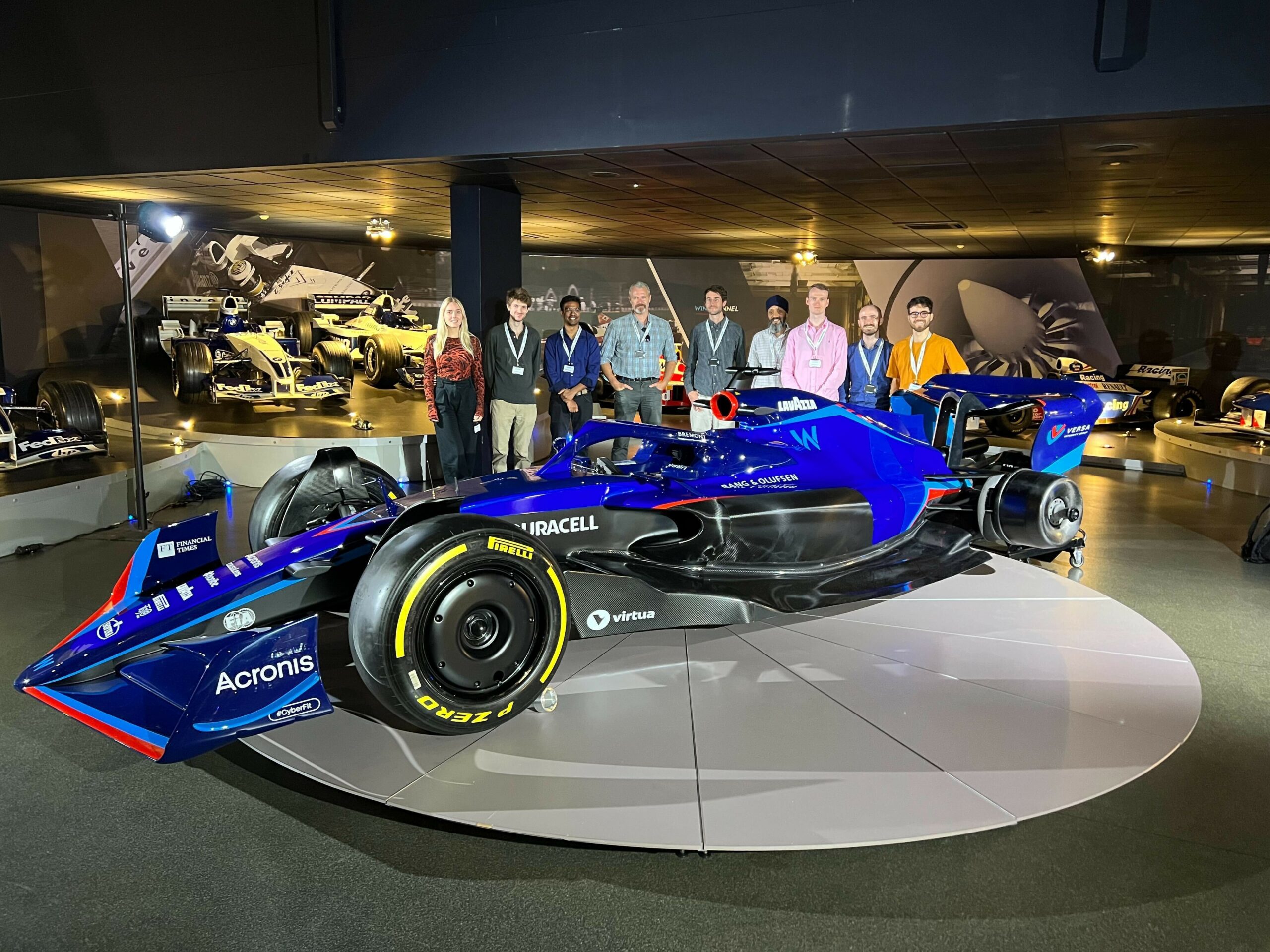
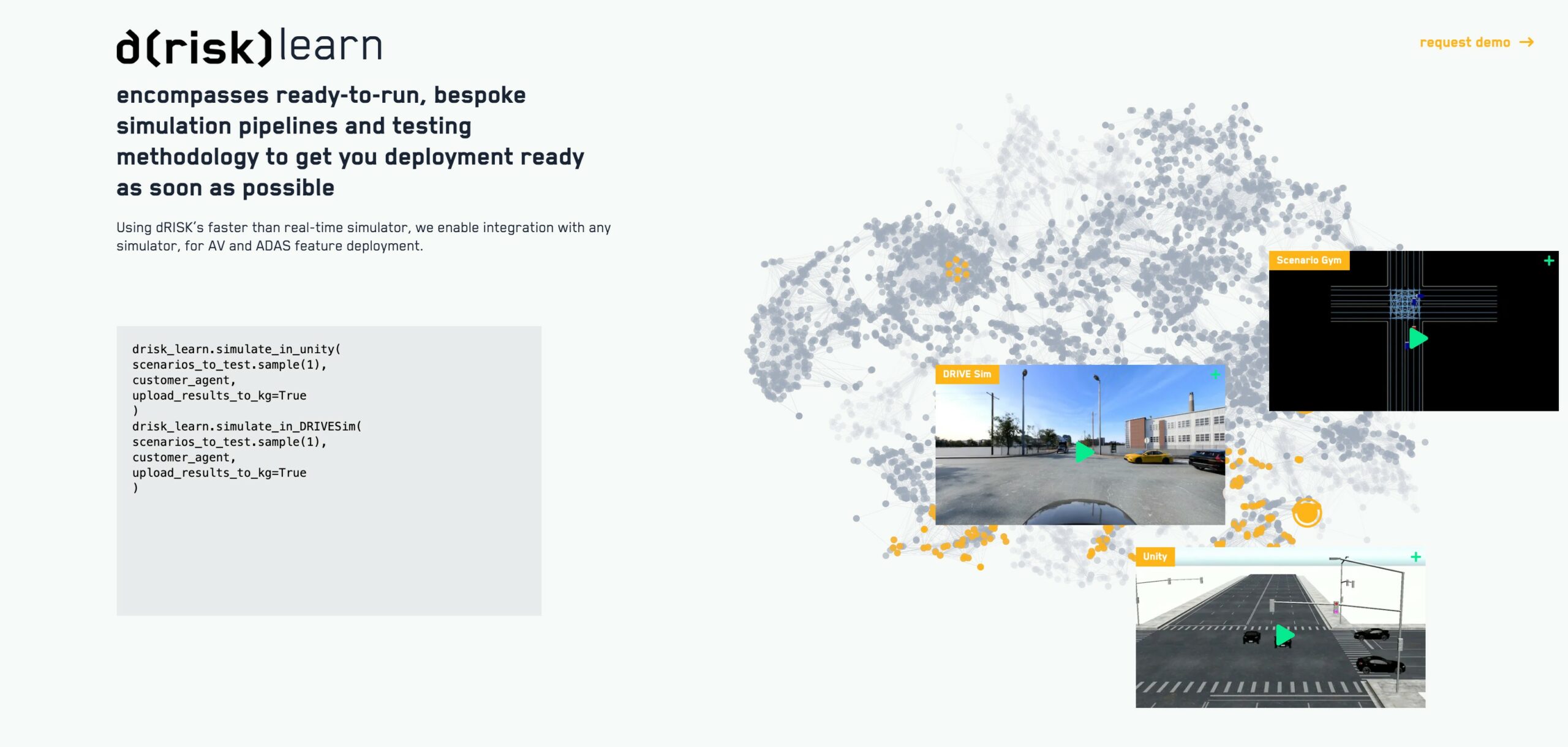
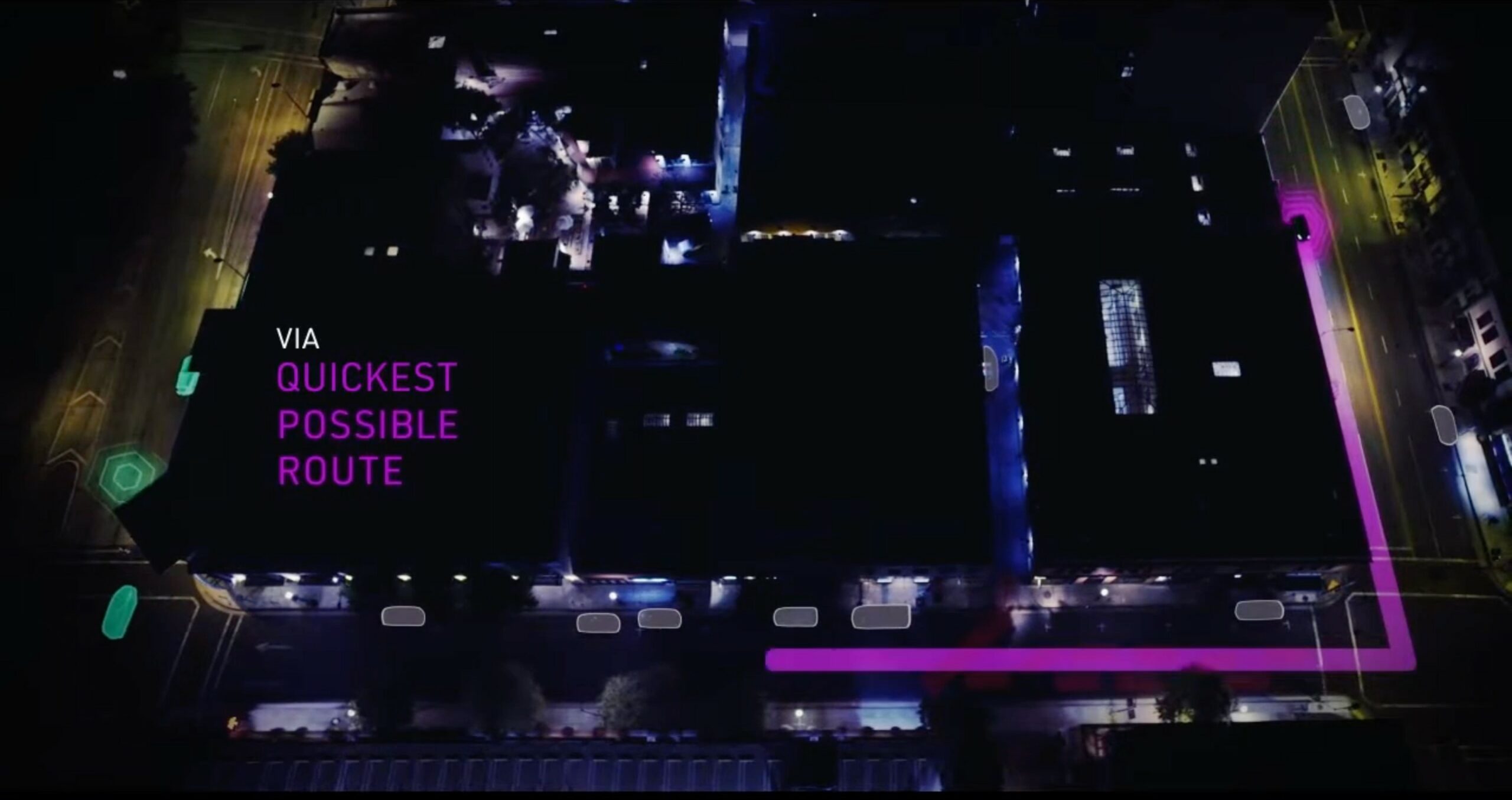
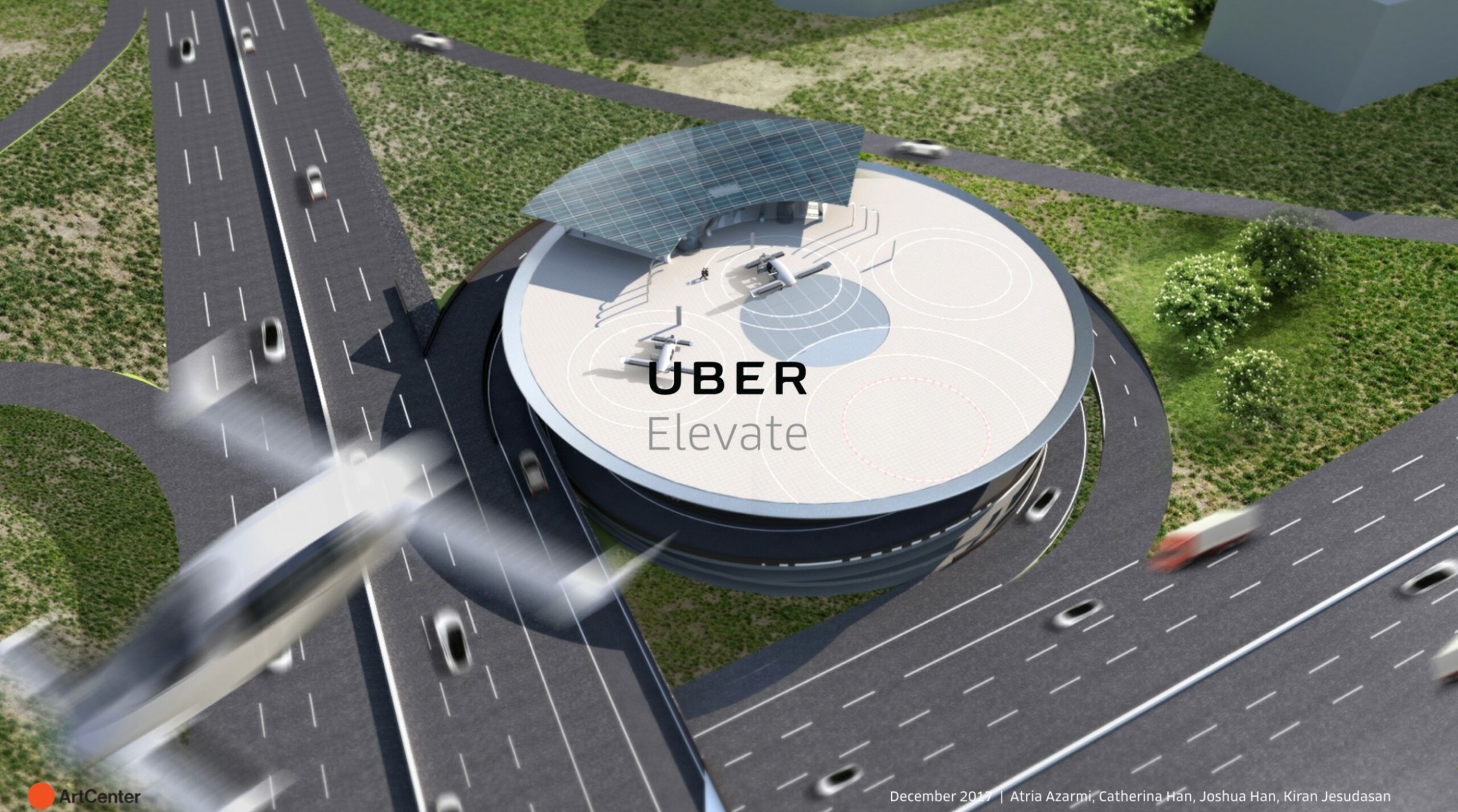
Image Credits
Shona Curtis-Walcott

